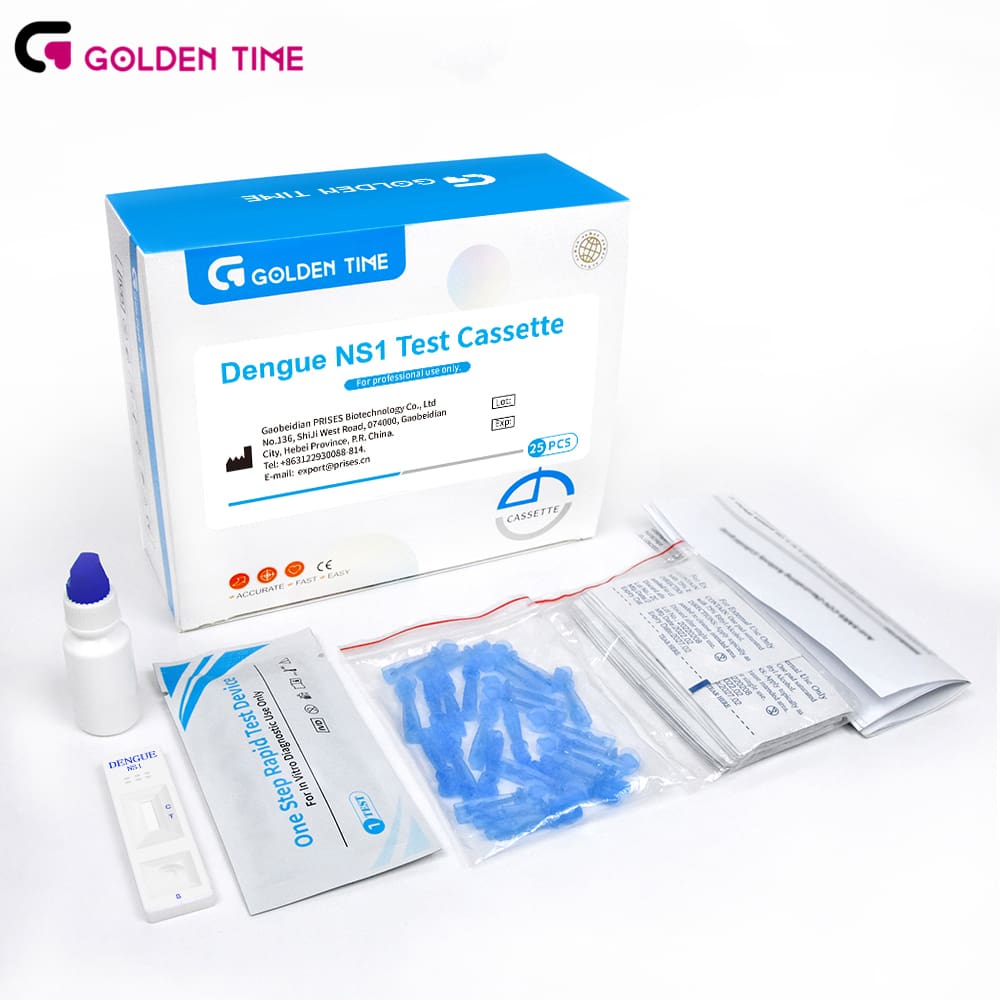8 月 . 19, 2024 11:28 Back to list
Reliable Suppliers of Fast Typhoid Testing Kits for Accurate and Quick Diagnosis
The Importance of Typhoid Rapid Test Kit Suppliers in Public Health
Typhoid fever, caused by the bacterium Salmonella Typhi, remains a significant public health challenge in many developing countries. It is primarily transmitted through contaminated food and water, and regions plagued by poor sanitation are particularly vulnerable. Early diagnosis and effective treatment are critical in controlling the spread of typhoid fever, making the role of typhoid rapid test kit suppliers increasingly important in health care.
Typhoid rapid test kits are designed to provide quick and reliable results within a short time frame, typically ranging from a few minutes to a few hours. This rapid turnaround is crucial, especially in areas where access to laboratory facilities may be limited. Traditional diagnostic methods, such as blood cultures, can take several days to yield results, delaying treatment and increasing the risk of complications. Rapid test kits offer a solution by enabling healthcare providers to swiftly identify infected individuals and initiate appropriate treatment.
The reliability and accuracy of rapid test kits are vital in ensuring effective patient management. Most modern typhoid rapid tests utilize immunochromatographic assays that detect specific antibodies or antigens associated with S. Typhi. This technology allows for the differentiation between typhoid fever and other febrile illnesses, which can be particularly useful in endemic regions where differential diagnosis is critical. Suppliers of these test kits must adhere to strict quality control measures and regulatory standards to ensure that their products deliver accurate results.
typhoid rapid test kit supplier

For suppliers, the demand for typhoid rapid test kits has surged due to the growing awareness of typhoid fever and its impact on public health. Governments, NGOs, and private healthcare entities are increasingly investing in preventive measures to combat the disease. Suppliers play a crucial role by ensuring that quality test kits are available in sufficient quantities and at affordable prices, especially in low- and middle-income countries where the burden of typhoid fever is highest.
In addition to supplying test kits, many suppliers offer training and support to local healthcare providers on the proper use of these kits. Such training is essential to ensure that healthcare professionals are equipped with the necessary skills to interpret test results accurately, which directly impacts patient care. Furthermore, continuous education on the importance of hygiene and sanitation can help reduce the incidence of typhoid fever.
Partnerships between test kit suppliers and local healthcare systems can enhance the overall effectiveness of typhoid fever interventions. Collaborations can lead to improved distribution networks, making test kits more accessible in remote and underserved areas. Such initiatives not only facilitate timely diagnosis but also contribute to broader public health campaigns aimed at raising awareness about typhoid fever and promoting preventive measures.
In conclusion, typhoid rapid test kit suppliers are invaluable players in the fight against typhoid fever. By providing timely, accurate, and accessible diagnostic tools, these suppliers empower healthcare providers to offer prompt treatment, ultimately improving patient outcomes and curbing the disease's spread. As the global community continues to confront public health challenges, the collaboration between test kit suppliers and healthcare systems will be integral in fostering a healthier future for communities at risk of typhoid fever. Through ongoing innovation and commitment to quality, suppliers can continue to make a significant impact on this preventable disease, ensuring that those in need have access to life-saving diagnostics.
-
Early Pregnancy Test Kits Accurate & Fast Results Bulk Order Now
NewsMay.30,2025
-
Buy OPK Tests for Pregnancy Detection Bulk Supplier Discounts
NewsMay.30,2025
-
Buy OPK Tests for Pregnancy Detection Bulk Supplier Discounts
NewsMay.30,2025
-
Best At Home H Pylori Test Kits Accurate, Fast & FDA-Certified
NewsMay.29,2025
-
Accurate Syphilis Test Kits Trusted Suppliers & Manufacturers
NewsMay.29,2025
-
Wholesale Stool Occult Blood Test Kits Bulk Supplier Pricing
NewsMay.29,2025

